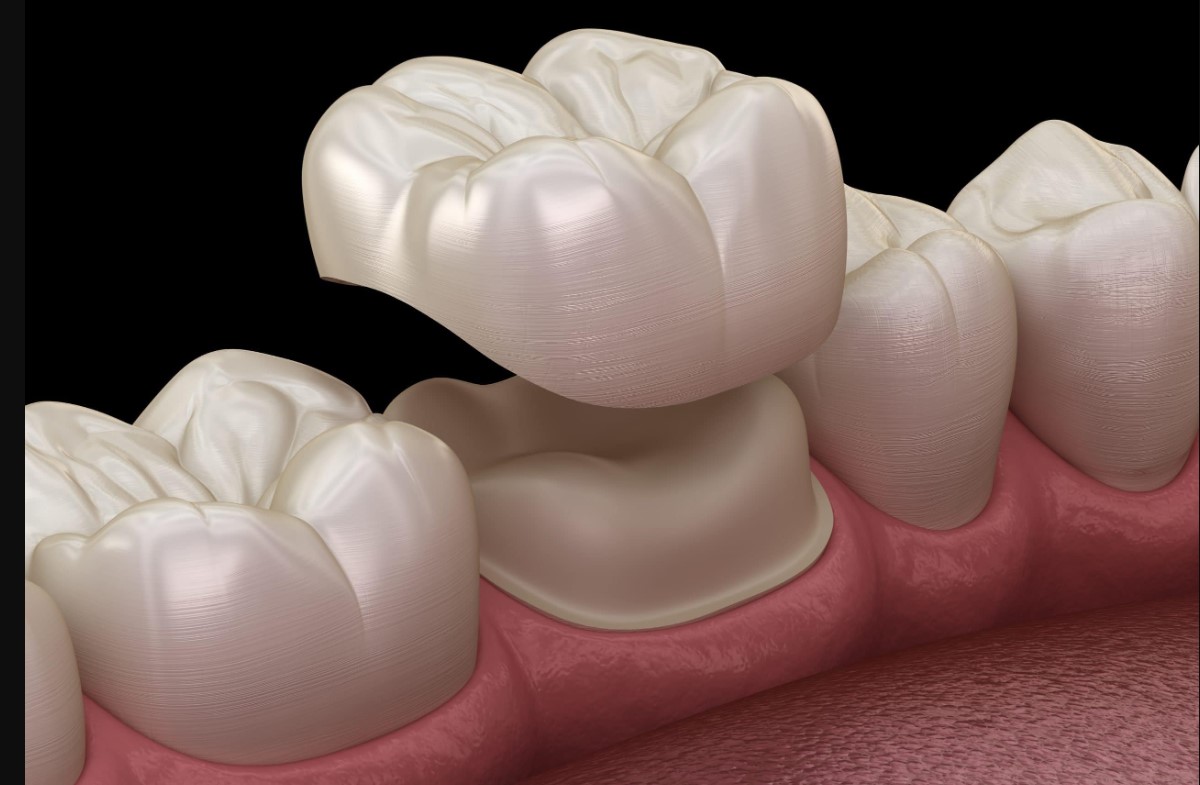
Both dental crowns and dental implants serve different purposes in dentistry, and whether one is “better” than the other depends on the specific dental issue being addressed. Here’s a breakdown of their uses, benefits, and limitations:
Dental Crown
Purpose: A crown is a cap that covers a damaged or compromised tooth. It’s used to restore the shape, size, strength, and appearance of the tooth.
Dental Crown Benefits
- Can restore a tooth’s function and appearance.
- Typically requires less time than an implant.
- Less invasive than an implant.
- Preserves the natural tooth structure.
Dental Crown Limitations
- Not suitable for teeth that are severely damaged or have insufficient structure.
- The underlying tooth can still be susceptible to decay or gum disease.
- May need replacement or repair after several years.

Dental Implant
Purpose: A dental implant replaces a missing tooth root. It’s an artificial tooth root made typically of titanium that’s surgically placed into the jawbone. An abutment and crown are then attached to the implant to replace the missing tooth.
Dental Implant Benefits
- Long-lasting; can last many years or even a lifetime with proper care.
- Protects bone health, as it stimulates the jawbone and prevents bone loss.
- Doesn’t rely on adjacent teeth for support.
- Functions and looks like a natural tooth.
Dental Implant Limitations:
- More invasive procedure, requiring surgery.
- More extended healing period.
- Not everyone is a candidate; sufficient bone density is needed.
- More expensive initially than other tooth replacement options.

Comparing the Two:
When to Choose a Crown: If you have a tooth that is damaged (e.g., from decay, a crack, or a large filling) but still has a sufficient and healthy structure, a crown might be the recommended option to restore its function and appearance.
When to Choose an Implant: If you have a missing tooth or the tooth is so severely damaged that it needs extraction, a dental implant may be the ideal solution to replace the missing tooth and restore function.
It’s essential to consult with a dentist to determine the best solution for your specific situation. They can evaluate the condition of your teeth, consider your overall dental health, and recommend the most appropriate treatment plan.


